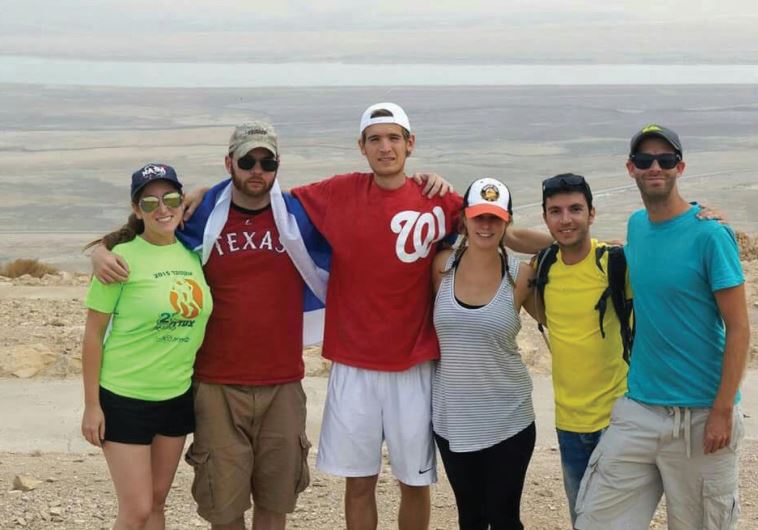For those looking to explore Israel, emerging cities
Integral to the choice of coming to Israel is the eagerness to give back to its people. Masa hopes to inculcate a sense of shared responsibility.
 Masa participants take in the Land of Israel, including teaching fellow Jessica Davis (left)Updated:
Masa participants take in the Land of Israel, including teaching fellow Jessica Davis (left)Updated: